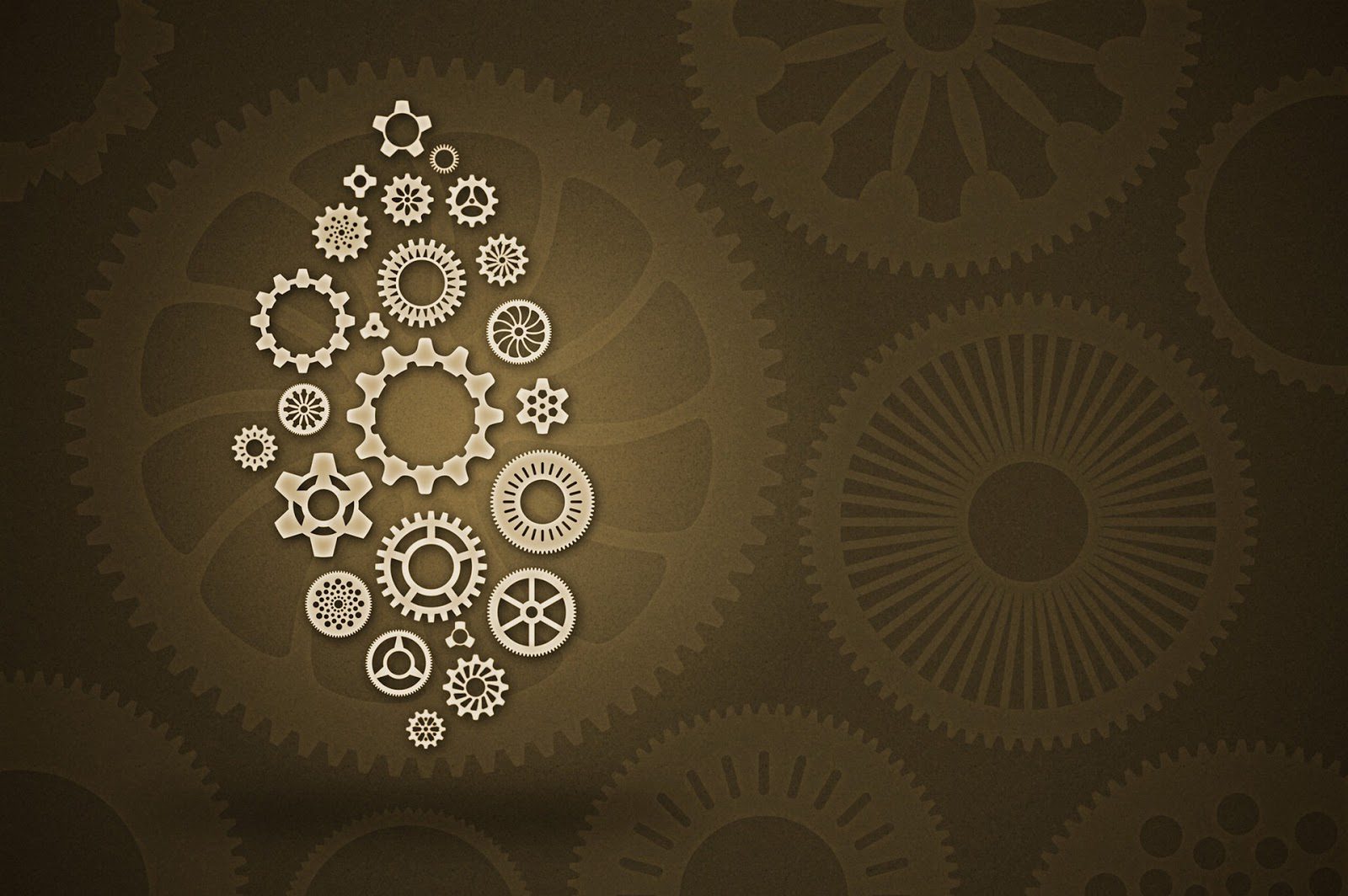The world of DApp development has been largely considered a gated community since blockchain’s inception, open only to those with knowledge of the solidity programming language. This has stunted the growth of blockchain and decentralized applications; developers from “traditional” backgrounds that are used to working with mainstream software stacks and languages have been unable to transfer their skills and knowledge onto the blockchain without learning entirely new skills or rebuilding tools and countless OS resources from scratch.
Institutions, corporations and businesses around the globe are now fully realising the potential that blockchain technology and decentralized apps can offer and how they can be used to shape the future of financial services, e-commerce and so much more. But in order for innovation to keep up with demand, the tools used to build the DApps of tomorrow must be accessible to the wider developer community.
Cartesi is a platform enabling developers to use a wide variety of Linux-supported programming languages, tools, libraries, software, and services to build DApps with. The products offered by Cartesi remove the limitations currently faced by blockchain developers and allow anyone to build computationally intensive DApps that would otherwise be impossible or too expensive to execute on-chain, all with software tools that are normally available for a full Linux operating system.
Speaking the developers language
MongoDB, Python, NodeJS and MySQL aren’t the first languages or resources that spring to mind when talking about blockchain and DApp development, and for good reason. To date, the main language used by DApp developers is Solidity and with the majority of the world’s mainstream developers working with Linux-based software stacks, creating and to an extent even using a blockchain application can present a significant challenge, ultimately resulting in many giving up before they’ve even started.
Cartesi’s pioneering plans to make blockchain infrastructure compatible with industry standard software development and programming languages mean that onboarding experienced developers from the “real world” into the “decentralized world” becomes much less of a daunting task. Without the requirement to learn whole new software stacks, projects and businesses can massively speed up both adoption and productivity when looking to build DApps.
More options, less fees
With the Ethereum blockchain still struggling to tourniquet growing transaction fees and DeFi protocols running rampant, layer 2 solutions cannot come soon enough. In order for blockchain technology to scale and compete with centralized predecessors, there has to be a solution that rids blockchain’s computational limitations, and as well as offering developers new possibilities with their favourite tried and trusted tools, the announcement of Cartesi Roll Ups came as another welcome addition to the Cartesi platform.
The Cartesi roll ups implementation is unique and relies on the Cartesi Machine which is a self-contained, reproducible and transparent virtual machine that runs off-chain, free of the limits set by the consensus mechanisms used by popular blockchains. DApps running inside Cartesi Machines can process virtually unlimited amounts of data at speeds over 4 orders of magnitude faster than on-chain solutions, resulting in million-fold computational scaling without loss to the strong security guarantees of the Ethereum blockchain.
By tackling the issue of scalability head-on and simultaneously offering a way for the many thousands of mainstream programmers to dip their toes into the promising waters of blockchain technology and decentralized applications, the team behind Cartesi have positioned themselves as unique leaders in the space that can help light the match for rapid innovation and growth. The company’s recent addition of their 2021 roadmap includes plans for a Rollups aggregator service, a Rollups validator marketplace and the launch of Cartesi Rollups on Mainnet.



































